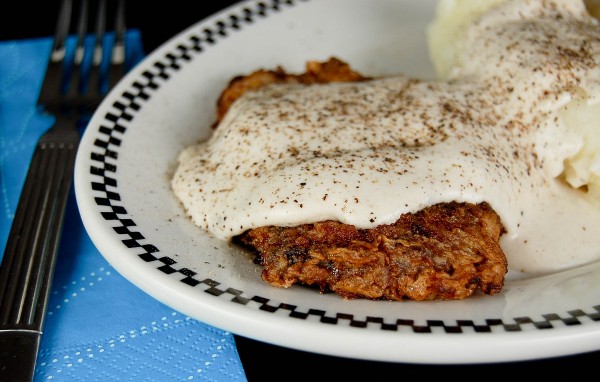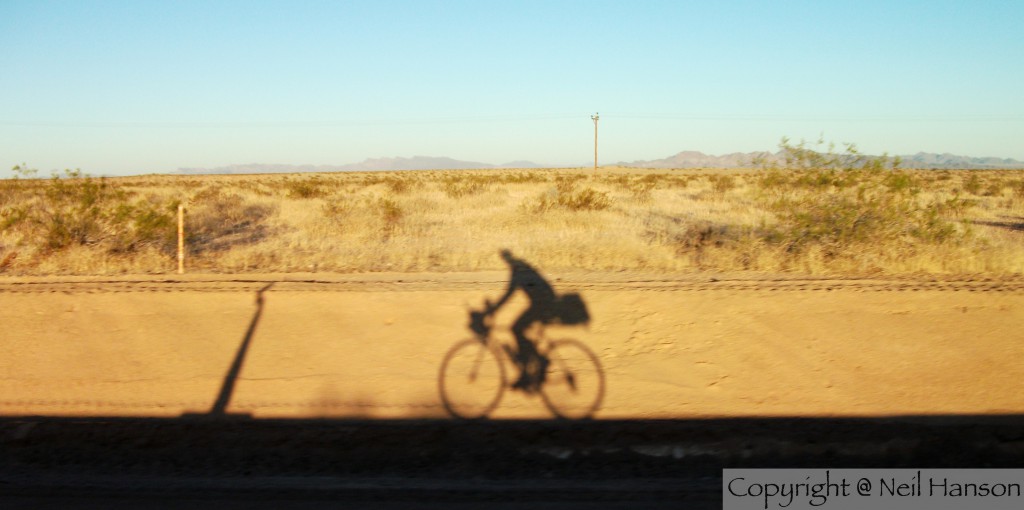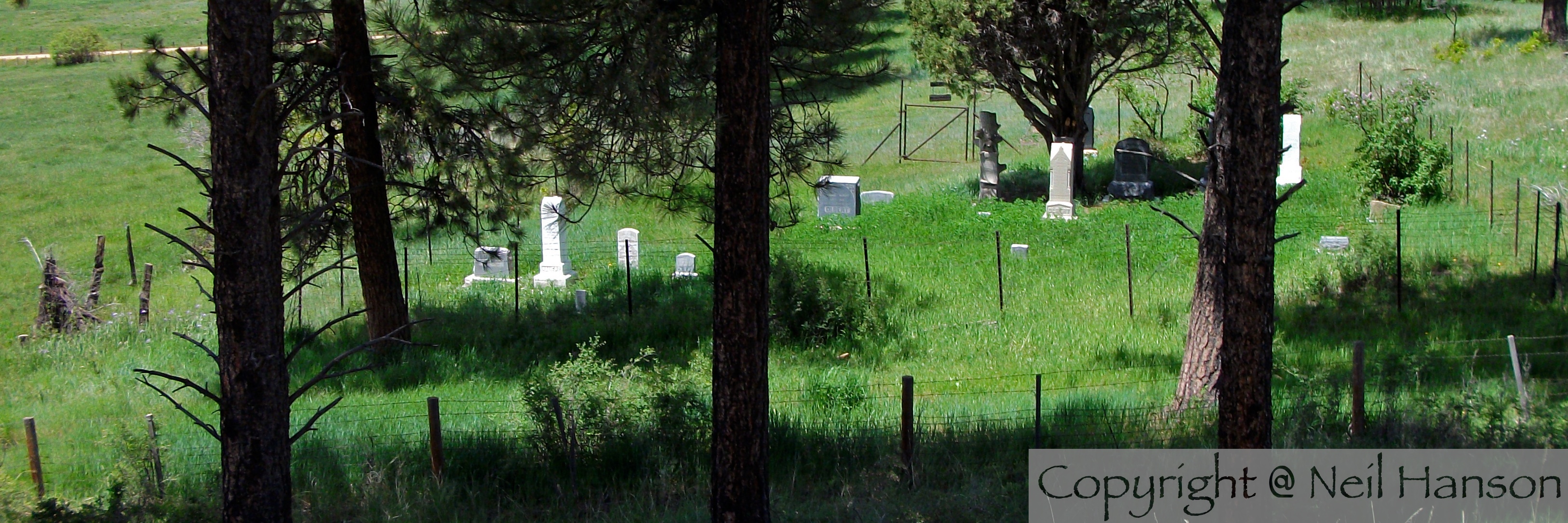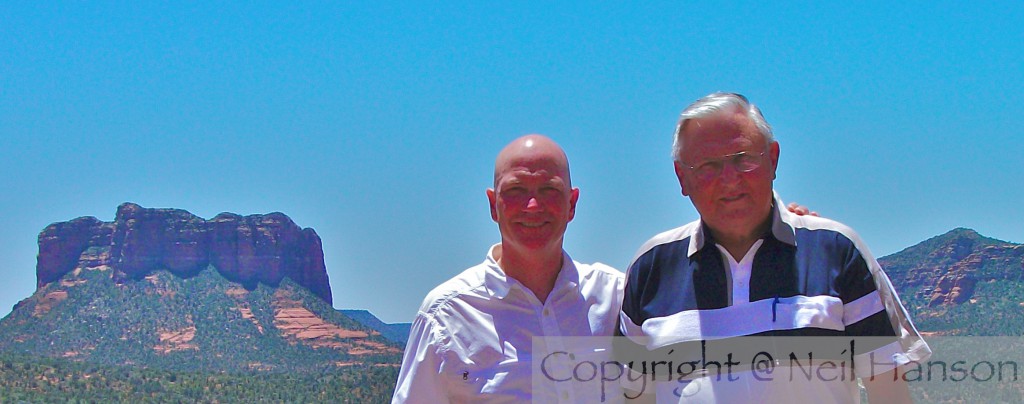Chris with the “Dad Of Divas” website posted an interview with me on October 6th. It was a fun interview to do, and I post the questions and answers below. Thanks much to Chris for posting the interview – I really appreciate it!
Tell me about yourself, (as well as how you are in the limelight for my readers knowledge)First and foremost, the concept of “limelightâ€. Most of us are in some form of limelight in one way or another. In my case, as I was raising my family, I spent time in executive positions that were high-visibility, as well as organizational limelight such as congregational president and lay pastor, or facilitator of large group events.
At this point in my life, my children are all grown, and the shape of the “limelight†has changed. I’ve moved myself away from executive positions with high visibility, and have concentrated my life on my passions, primarily writing. I write books, articles for periodicals, and blog regularly. I hunt and fish more than I ever have in my life, and spend a lot of time doing the long-distance endurance bicycling and bicycle touring that I’ve come to love.
These passions and others generally form the context of what I write, and the undercurrent is generally a strong sense of spiritual “placeâ€.

My wife and I raised 3 children, who are all grown at this point. The oldest is 30, the middle one nearly 28, and the youngest is 22. The youngest is a woman, the two older are men. They all live very close to me in the Denver area.
The oldest and I operate a construction company together, primarily landscape design and implementation. The middle one works with his brother and I, and goes to school when he can. The youngest just graduated from college, and is at a fork in the road considering graduate school.
I love having my kids so close to me. I love all the time I’m able to spend with them. I love that they continue to be such an integral and important part of my life.
What has been the largest challenge you have had in being a father?I think it may be the concept of learning to be a good incubator rather than trying to be a designer. It was so easy for me, (especially early in the fatherhood process), to think my job was to try and define the shape of my children as they developed. In fact, much of what we learn in our culture about parenting focuses on trying to shape our children.
As my children grew, I learned that there was a shape inside them that was emerging, and for me to try and alter that shape was only going to be destructive. A lot like the sculptor who “releases†the shape inside a block of wood, I’ve come to see my job as a father as one of providing a good environment for the “shape†of my children to emerge.
Most of us probably have many “shapes†that might emerge, depending on the environment around us. In my opinion, being a good father means providing a healthy environment, and looking for the shapes that might be trying to emerge – encouraging those that are most healthy.
At the end of the day, our modern nature wants to play G-d, and wants to be the “creator†of children. We want to mold them and shape them into what we want – usually some facsimile of ourselves. I’m convinced this results in heartache more often than not, and is counter to the ability of the child to become all they can become. It’s a tough thing to realize we’re not G-d, but just an incubator with the hard job of maintaining a good and healthy environment.
What advice would you give to other fathers?First, see and feel your ego, and put it aside when it comes to raising your children.
Second, observe and listen to “elders†as they interact with your kids – they’ll have lots to teach about what they learned on the journey you’re on.
Third, realize how strong, resilient, and adaptive humans are. Don’t try to be the perfect dad – just be a good and loving one. You’ll make some mistakes, and your kids won’t feel any impact at all of most of those mistakes.
Seeing that you (or your position) are in the limelight, how have you come to balance parenthood and outside life?I think integrating our professional persona with our parental persona makes good sense. For our kids to see us behaving in our outside life is a good think. It makes it tough for us to do the hypocritical “do as I say not as I do†thing, doesn’t it? When we take this approach, it forces some of that balance.
In addition, becoming very actively involved in the things your kids want to do forces another level of balance. When my kids were coming up, I was always coaching their soccer teams, building school projects with them, or whatever else was part of their life.
I remember our annual Christmas party at a place I worked as an executive for many years. I’d always played Santa at the party. One year, as I sat with the kids around me at the party, I noticed my little daughter giving me a little extra scrutiny. As Santa left the party, my wife asked my daughter about Santa, and my daughter informed her that the man had been her father.
I should reveal that she was a pretty smart little cookie, and when she was 15 or 16 we finally called her on the whole Santa thing, as she’d been playing along for years. She said she’d figured it out when she was 6 or 7, but liked playing along. The boys were in on it with her.
I tell this story to highlight that integration I was talking about. My kids saw me behaving in my professional life in a manner consistent with what I “preachedâ€. They saw me in leadership and high-visibility positions within the community, practicing the behavior I talked about at home. They saw me step into the shoes of Santa to try and bring joy and hope to the hearts of children, and they decided to reflect that joy back to me by continuing to play the game with me long after they saw through the ruse.

Oh man, what a good question. Of course there’s the good, the bad, and the ugly, but I’ll focus on the good.
I recall a few really stand-out guys that made huge impressions on me as I was doing my “growing up†as a father. It’s easy to think that as a father, you are “due†respect from your kids. It’s easy to have a picture in your mind of how children should behave and interact with their dad, and to try and “teach†this to your children.
However, the lesson I learned many times from a few really good role-models was that “respect†wasn’t something you “taught†children, it was something you earned as a father. When your kids see you model the behavior you tell them is good, and they see you live a life that is honest and honorable, they come to respect you.
That respect has no value in and of itself, but it is the foundation that allows the real relationship to develop with your kids. They learn what honor and honesty looks like, and learn to discern behavior based on integrity as opposed to talk about integrity. From this, they learn how to find and develop relationships of value in their life as they grow up.
What else would you share regarding your experiences as a father thus far?Don’t view fatherhood as something you do for 18 years or 21 years while your kids are “growing upâ€. View it as a lifelong journey you’re making with your kids. I’ve found that with each year that passes, my relationship with my kids just keeps getting better.
I see lots of folks who fear the coming teenage years. Hey, we all go through the teenage years. For a few years, our brain cells get marinated in a toxic blend of hormones that makes us stupid. That time comes, and it passes. My boys tell me often that when they hit about 14 or 15, they couldn’t believe how stupid I became. They wondered how on earth I could manage to dress myself in the morning. But then, as they moved into their 20’s, they say they were amazed at how smart I seemed to suddenly get.
Don’t take it too seriously – just be the best person and the best father you can be. It’ll all sort out in the end, and you’ll start to get your brain cells back…
What have been the most memorable experiences that you have had thus far as a parent?I think most of my favorite memories from when my kids were young revolve around vacations we took, and activities on those vacations. Building sandcastles with my daughter on the beach in North Carolina. A bicycle vacation along the rail-trails in Wisconsin, where the boys would ride ahead a couple miles, then drop their bikes and gorge on wild raspberries until we caught up, then jump on the bikes and do it all again – their little sister singing and cooing in the trailer behind my bike as we rode. Hiking in old forest in the Smoky Mountains, my middle son sleeping soundly on the top of my head as he rode my shoulders. My little daughter sleeping soundly in my arms all day long on a cruise ship, as I moved around the decks and enjoyed the bliss a father feels when his child sleeps safely and contentedly in his arms.
If I could do it all again, I’d make sure to take more vacations. For me, it was during those times that I could leave everything behind and really connect with my kids.
- Hunting with Jesse




















